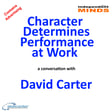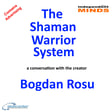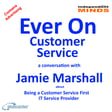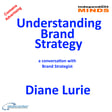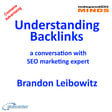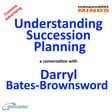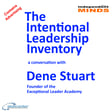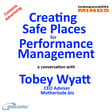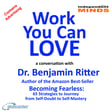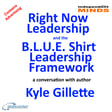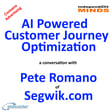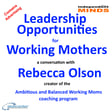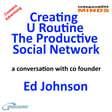
All Hand-on Deck a conversation with author Jeff Barnes
When Jeff Barnes, the author of All Hands-On Deck asked at a networking event how to explain what his business did to potential customers, the advice he received was to focus on what made him unique.
Like many people it is Jeff’s experience that brings something special to what he does today.
Success in the first stage of his career meant that Jeff had to rely on his wits and the instruction manual, there was no way to phone a friend, but that is life for a submariner.
In his book All Hands-On Deck explains how the same structured, systemized approach to working and a culture of accountability, responsibility, and camaraderie can deliver exceptional improvements in business performance.
During this episode of The Independent Minds Jeff and Michael explore the importance of team work in creating a successful business, how making the wrong hiring decisions can hold a business back and what angel investors look for when considering investing in a business.
The Independent Minds is made on Zencastr.
Zencastr is the all-in-one podcasting platform, on which you can create your podcast in one place and then distribute it to the major platforms like Spotify, Apple, and Google. It really does make creating content so easy.
If you would like to try podcasting using Zencastr visit zencastr.com/pricing and use our offer code ABECEDER.
Find out more about both Michael Millward and Jeff Barnes at Abeceder.co.uk
Visiting Seattle, Washington USA
Jeff is based in Seattle in the North West USA. If you would like to visit Seattle you need to know that The Ultimate Travel Club members get trade prices on flights, hotels and holidays. So visit their site and use my offer code ABEC79 to receive a discount on your membership fee.
Matchmaker.fm
Thank you to the team at Matchmaker.fm the introduction to Jeff.
If you are a podcaster looking for interesting guests or if like Jeff, you have something very interesting to say Matchmaker.fm is where matches of great hosts and great guests are made. Use our offer code MILW10 for a discount on membership.
Three the network
If you are listening to The Independent Minds on your smart phone, you may like to know that Three has the UK’s Fastest 5G Network with Unlimited Data, so listening on Three means you can wave goodbye to buffering.
Visit Three for information about business and personal telecom solutions from Three, and the special offers available when you quote my referral code WPFNUQHU.
Being a Guest
If you would like to be a guest on Fit For My Age, please contact using the link at Abeceder.co.uk.
We recommend that potential guests take one of the podcasting guest training programmes available from Work Place Learning Centre.
We appreciate every like, download, and subscriber.
Thank you for listening.
